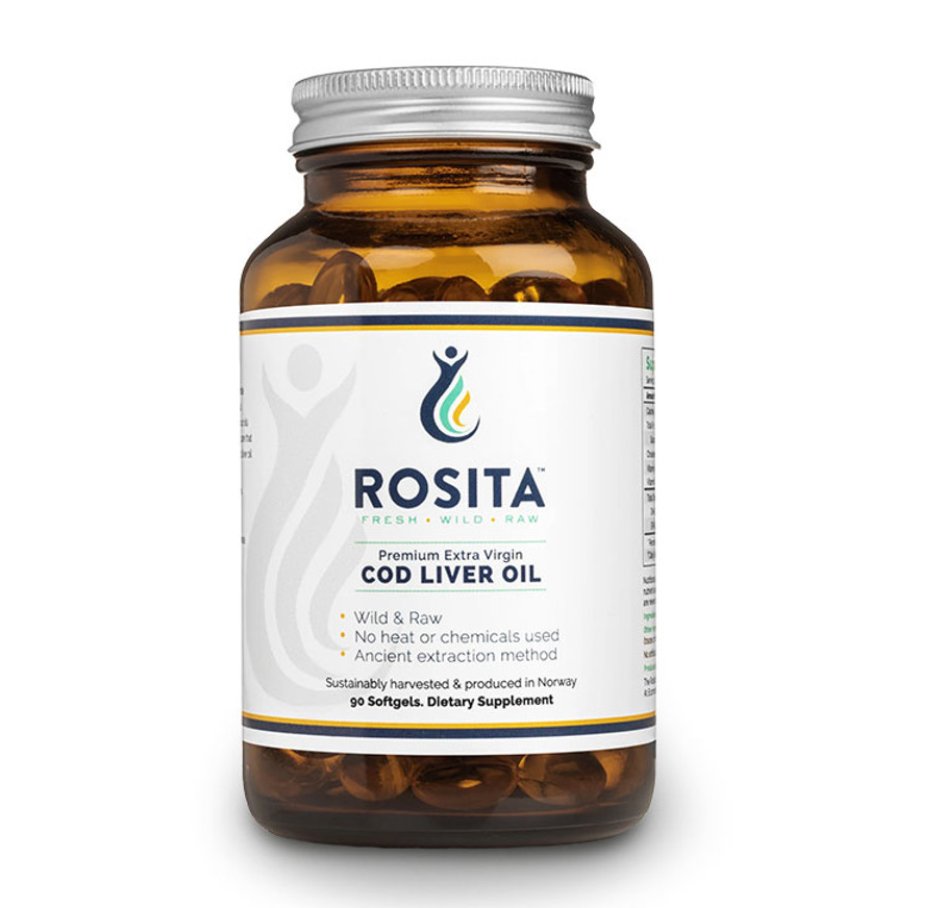Examples of Good Immunity Supplements
What questions should be answered before starting supplementation?
Who advised you? Was it an advertisement, a recommendation from friends, or a consultation with a specialist?
Are you sure about the chosen dosage, form and duration of administration?
What do you hope to get from the reception? Changes in what symptoms and laboratory parameters?
Have you been aware of the side effects of this supplement?
Vitamin C - it is recommended to choose liposomal forms of vitamin C - the most optimal form for absorption. Up to 500mg per dose. Vitamin C is an antioxidant. Strengthens the immune system, increases its "alertness" against harmful microorganisms, especially viruses. Promotes the full formation of connective tissue, strengthens bones, joints. It is also a cofactor for folic acid, vitamin A, E, and helps iron absorption.
Zinc - it must be remembered that long-term zinc intake can cause copper deficiency. Due to zinc's immunomodulatory and antiviral properties, it has the potential to be effective as a supportive treatment for flu and virus symptoms, and will also be needed if your diet is deficient in zinc sources.
Vitamin D - the dosage of vitamin D is determined depending on the level of vitamin D in the blood. Vitamin D involved not only in immune function, but also in the regulation of calcium. Consequences of vitamin D deficiency: osteoporosis, impact on the development of cancer and autoimmune diseases (including type 1 diabetes).
Magnesium
Magnesium is involved in all metabolic and biochemical pathways and is required for a wide range of vital functions such as bone formation, neuromuscular activity, bioenergy, glucose, lipid and protein metabolism and other functions.
Omega-3
Omega-3 fatty acids are polyunsaturated fatty acids and include eicosapentaenoic and docosahexaenoic fatty acids and are well known to have beneficial effects on immunity and inflammation.
Vitamin A functions: vision, bone growth, integrity of the skin and mucous membranes, participates in the regenerative processes of all tissues, spermatogenesis, protection against cataracts, atherosclerosis, takes part in the body's immune defense against various infections.
Bluebonnet Nutrition, Vitamin A, 3,000 mcg, 100 Softgels - 3,000 mcg per capsule = Vitamin A as 10,000 IU from fish liver oil, but contains soy
Seeking Health, Vitamin A Drops, 1,500 mcg RAE/Drop, 1 fl oz (30 ml) - no soy, vitamin A as retinyl palmitate
Solgar, Dry Vitamin A, 1,500 mcg (5,000 IU), 100 Tablets - soy and gluten free, vitamin A as retinyl palmitate
Multi-vitamin complex:
Thorne, Advanced Nutrients, 240 Capsules - all important vitamins, minerals and antioxidants. There is no Omega-3 here. Make sure you have sources of Omega-3 in your diet or supplement with Omega-3. Additionally, it includes a subtherapeutic dose of Vitamin D - supplemental administration may be warranted.
Thorne, Basic Nutrients 2/Day, 60 Capsules - all important vitamins, minerals and antioxidants. There is no Omega-3 here. Make sure you have sources of Omega-3 in your diet or supplement with Omega-3. Also, it has a small amount of Magnesium - you might need to take more of it separately. Additionally, it includes a subtherapeutic dose of Vitamin D - supplemental administration may be warranted.
Life Extension, Two-Per-Day Multivitamin, 120 Capsules - all important vitamins, minerals and antioxidants. There is no Omega-3 here. Make sure you have sources of Omega-3 in your diet or supplement with Omega-3. Also, it has a small amount of Magnesium - you might need to take more of it separately. Additionally, it includes a subtherapeutic dose of Vitamin D - supplemental administration may be warranted.
ONLINE SUPPLEMENT DISPENSARY: FULLSCRIPT Enjoy 15-20% off!





